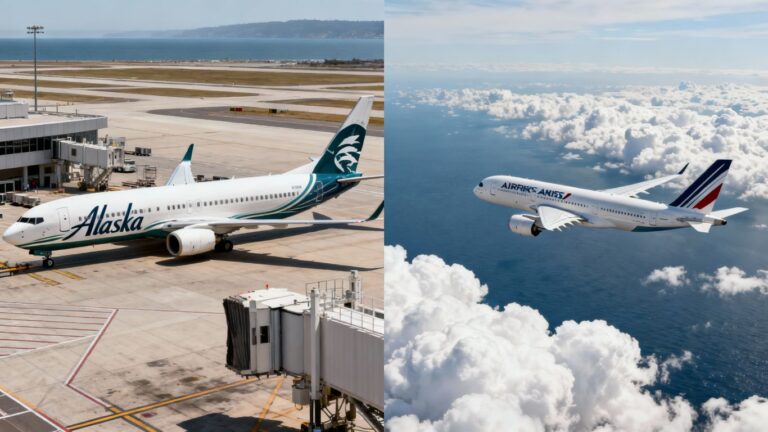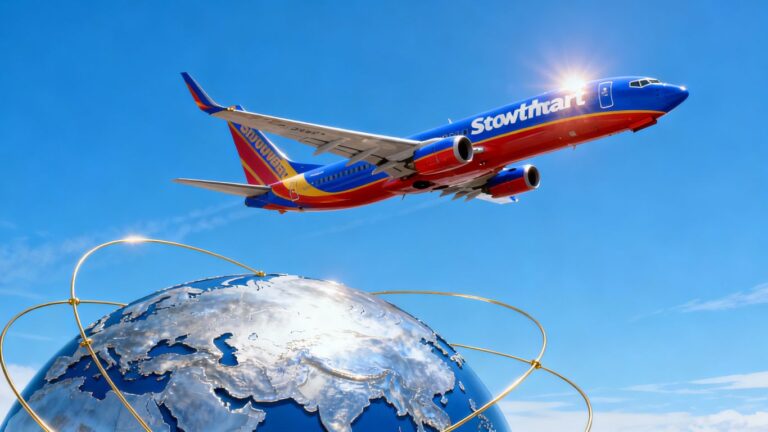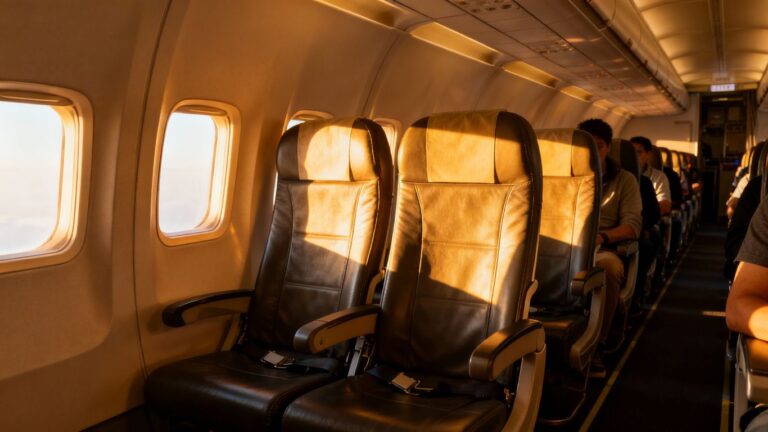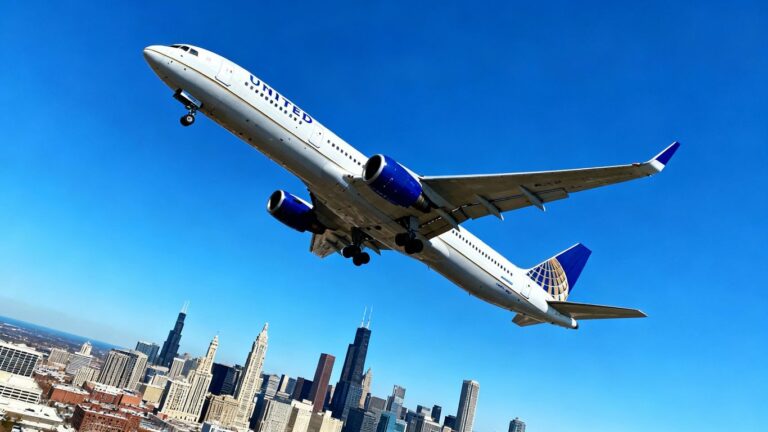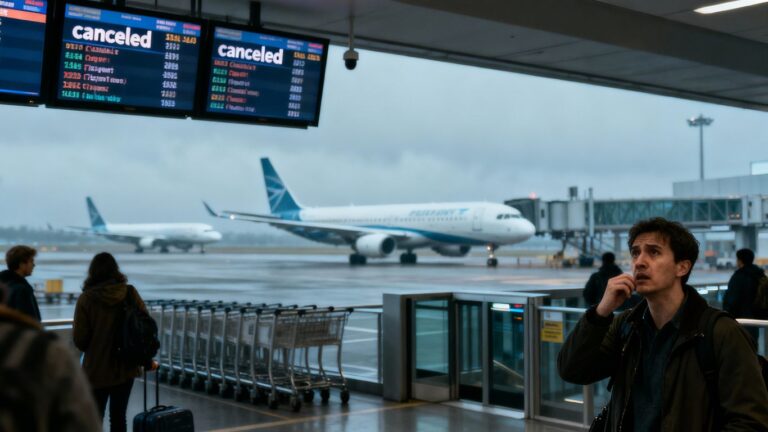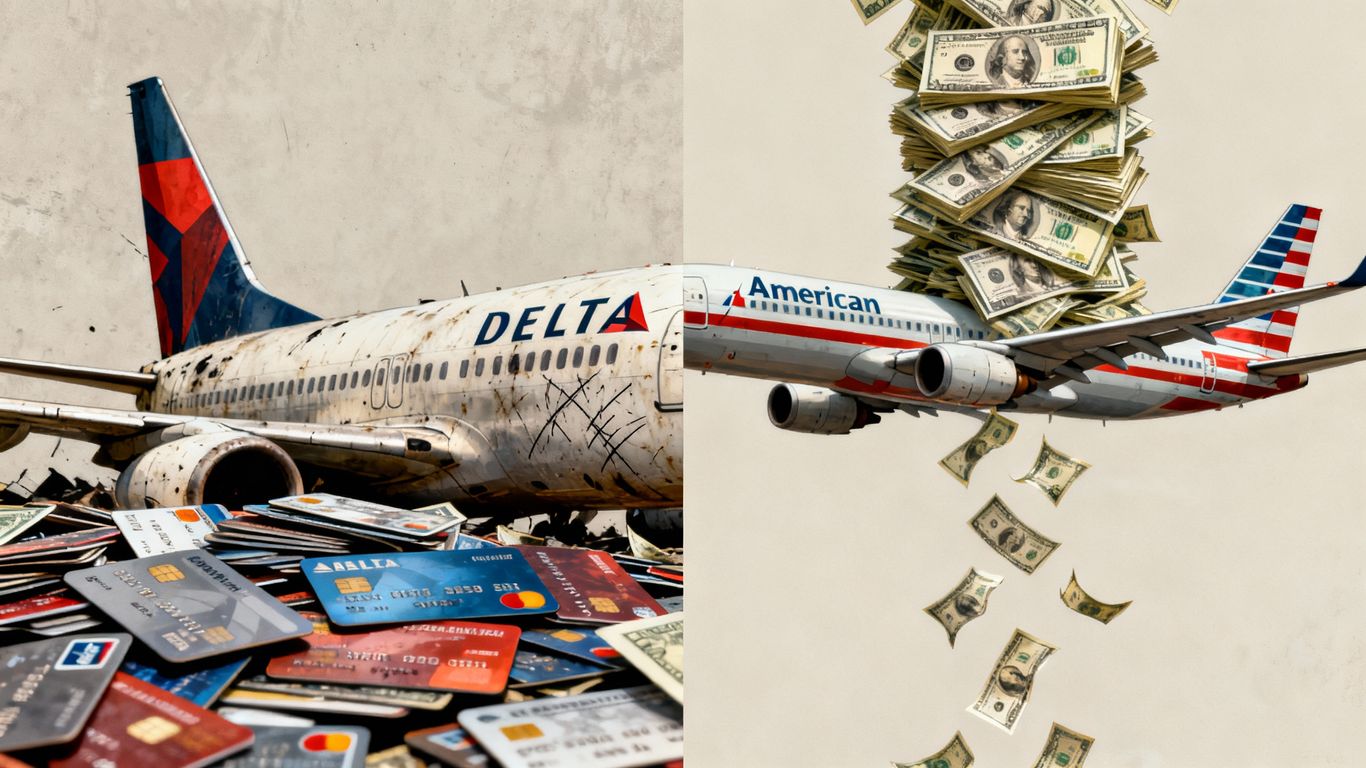
In a stark reminder of lingering operational quirks, Delta Air Lines is facing criticism for enforcing a decades-old credit card verification policy that has stranded international travelers. Meanwhile, American Airlines is reportedly expanding commission incentives for travel agents, a move seen by some as a response to a weaker-than-expected financial quarter.
Delta’s 1990s Credit Card Rule Causes Modern Travel Headaches
Delta Air Lines continues to enforce a policy requiring passengers to present the credit card used for booking, a rule that has been in place since the 1990s. This outdated practice is causing significant disruption for travelers, particularly those flying internationally. Passengers who no longer possess the original credit card, due to renewal, loss, or using a different card for booking, are being denied boarding. The airline’s adherence to this policy in 2025 has drawn widespread criticism, with many questioning its relevance and the lack of alternative verification methods.
- Outdated Policy: Delta’s continued enforcement of the credit card verification rule is causing significant inconvenience and stranding passengers, especially internationally.
- Lack of Alternatives: The airline offers no clear alternative for passengers who cannot produce the original card, leading to missed flights and travel disruptions.
- Industry Practice: While some international carriers also have similar policies, the strict enforcement by Delta in the current travel landscape is seen as particularly anachronistic.
American Airlines’ Commission Expansion: A Desperate Measure?
American Airlines is reportedly increasing its commission payouts to travel agents, a strategic shift that comes after a flat third quarter. This move suggests that the airline is seeking to boost bookings through third-party channels, acknowledging that travel agents can influence customer choices when incentivized. However, some analysts view this as a sign of desperation, indicating that the airline’s previous strategy of reducing agent incentives and pushing for direct bookings via new distribution capabilities has not yielded the desired results.
- Financial Performance: American Airlines experienced flat revenue in the second quarter, prompting a re-evaluation of its distribution strategy.
- Incentive Program: The expansion of commission rates, often around 7%, aims to encourage travel agents to book flights with American.
- Market Challenges: The airline faces ongoing challenges in attracting corporate travel, with a noted weakness in key markets and a potential shortage of premium seating.
Broader Industry Trends
These two developments highlight contrasting trends in the airline industry. Delta’s struggle with an outdated policy underscores the challenges of modernizing legacy systems, while American’s commission strategy reflects a potential shift in how airlines are trying to capture market share in a competitive environment. The continued reliance on travel agents, despite advancements in direct booking technology, suggests that human relationships and incentives still play a crucial role in the travel ecosystem. The effectiveness of American’s strategy will likely become clearer with its upcoming third-quarter earnings report.
